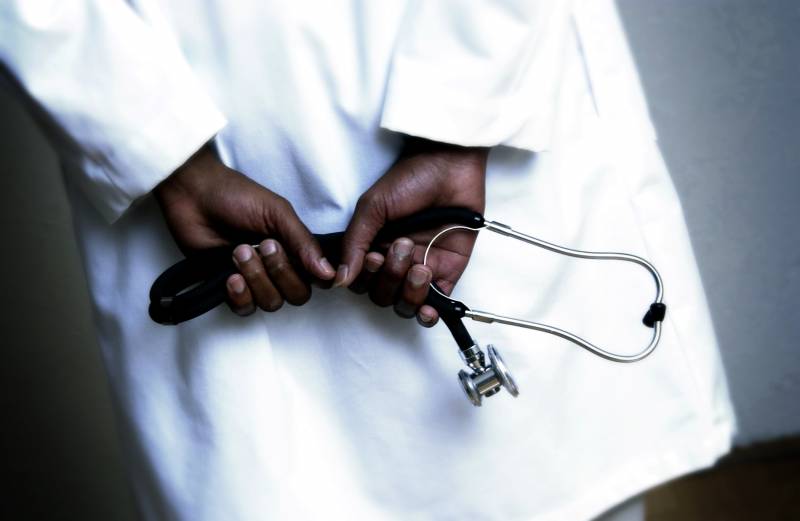State lawmakers want to square conflicting health care values between public University of California hospitals and Catholic hospitals that collaborate on patient care, under a new bill introduced Wednesday by state Sen. Scott Wiener, D-San Francisco.
Under longstanding agreements between UC Health and Catholic hospital systems like Dignity Health or St. Joseph Health, UC doctors and medical students who provide care inside Catholic hospitals must abide by Catholic Church directives that prohibit abortions, sterilizations, contraception, some end-of-life options and gender affirmation surgery.
Wiener says this makes the public university system complicit in discriminating against women and transgender patients.
“The fact that a UC medical professional would not be able to provide care, I just think is honestly completely outrageous,” he said. “It’s because of the pride that we all have in UC and, frankly, the love that we hold for the system that we want to make sure that UC lives up to its high aspirations of providing health care to everyone.”
Senate Bill 379 would require UC health systems to renegotiate these agreements with Catholic hospitals to either allow UC staff to provide all care they deem medically necessary, or to end those affiliations altogether.
“Access to health care is fundamental to an equitable and successful society, and public institutions must lead by example in ensuring health care access,” Wiener said.
But Catholic hospitals said canceling these partnerships would likely harm health care access.
